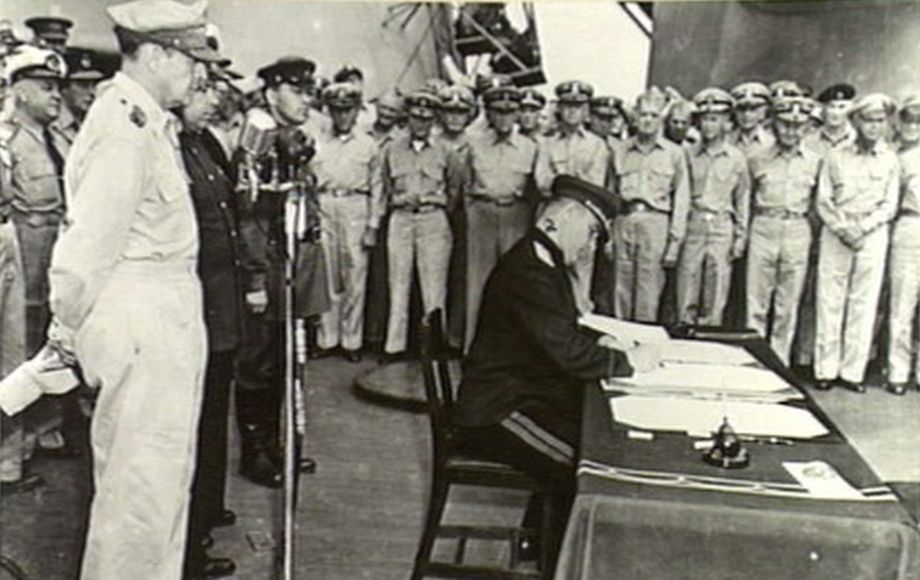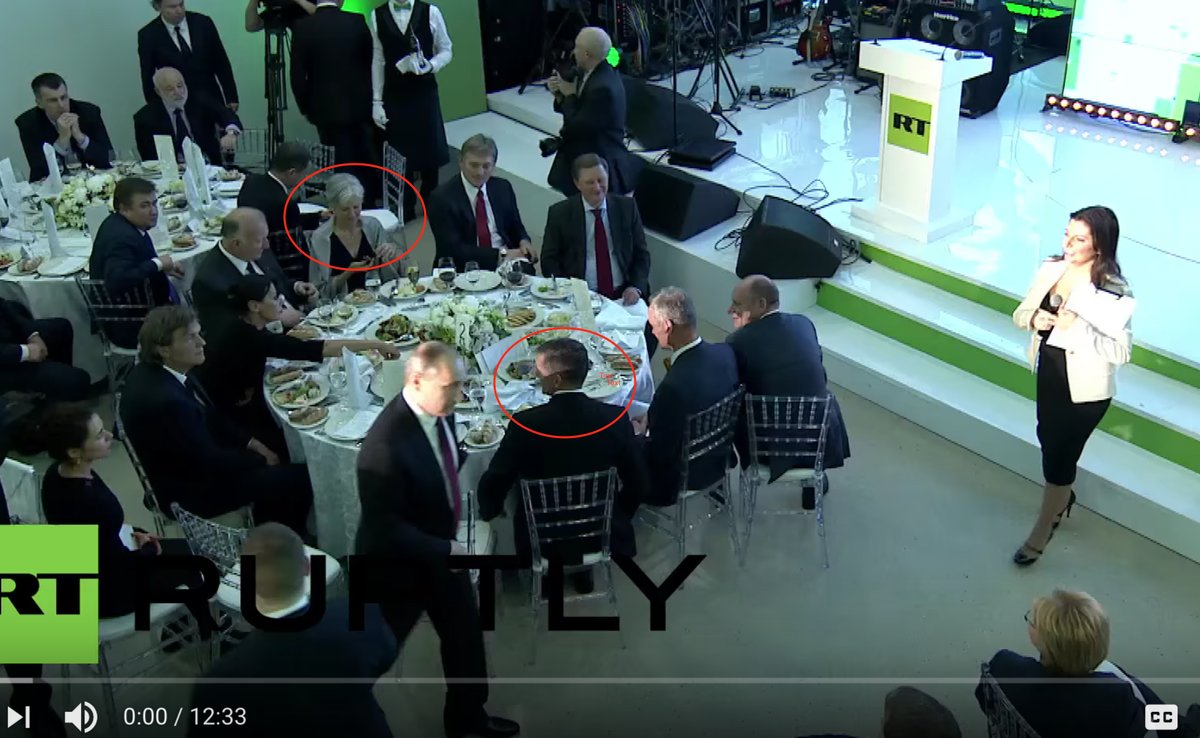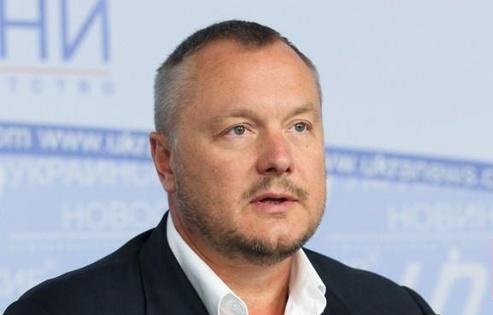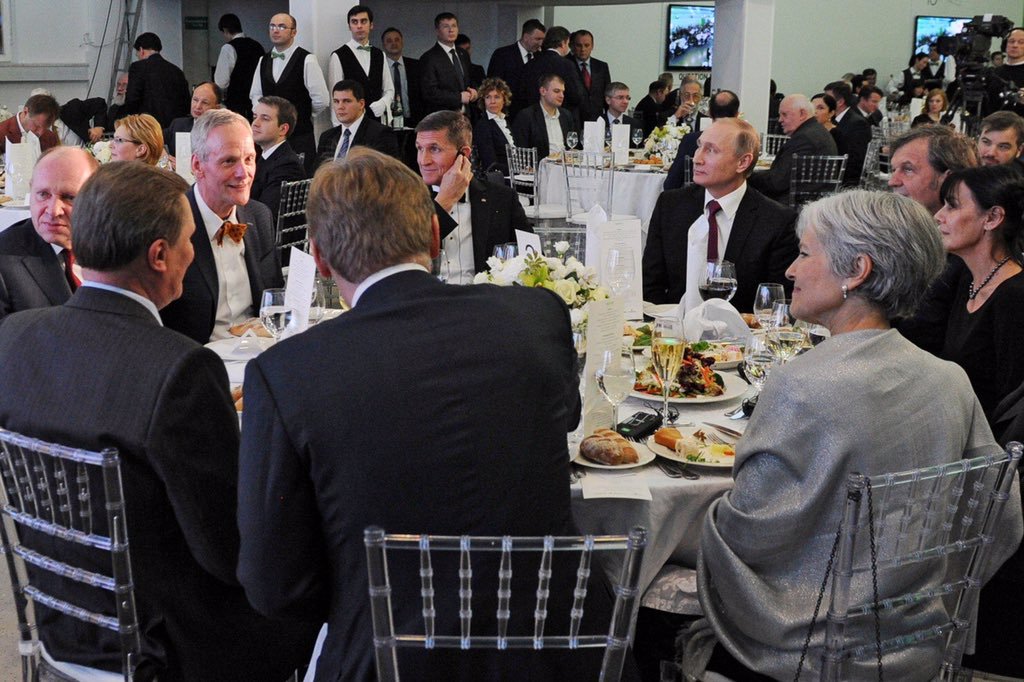The flood of news stories from a country as large, diverse and strange as the Russian Federation often appears to be is far too large for anyone to keep up with. But there needs to be a way to mark those which can’t be discussed in detail but which are too indicative of broader developments to ignore.
Consequently, Windows on Eurasia presents a selection of 13 of these other and typically neglected stories at the end of each week. This is the 71st such compilation. It is only suggestive and far from complete – indeed, once again, one could have put out such a listing every day — but perhaps one or more of these stories will prove of broader interest.
1. ‘Putin is Our All – Except for Kadyrov.’
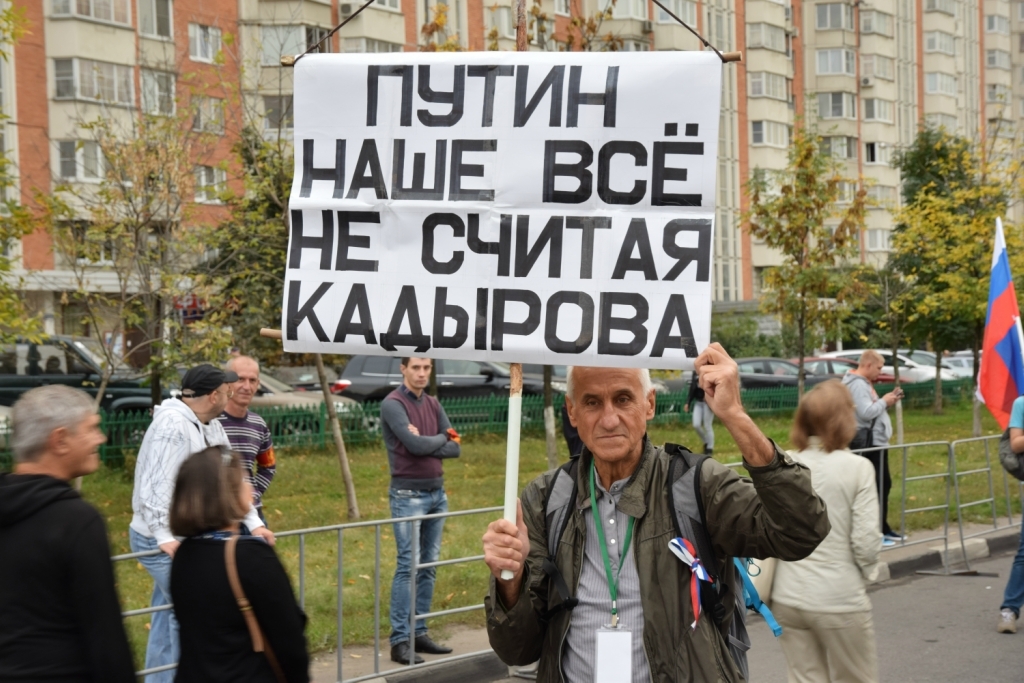
‘Putin is Our All – Except for Kadyrov.’ One Russian demonstrator carried a sign making that declaration, an indication that at least some Russians have a good understanding or the situation in their country or perhaps only a sense of humor.
- Polls show that Russians overwhelmingly support Putin, with a third of them saying that his time in office has been the best ever for them over the last century. The poll also found that Russians’ love for another dictator, Joseph Stalin, has reached a 16-year high.
- Despite current problems with his bromance with Donald Trump, Putin appears to have decided to exploit this for his own financial gain: his aides have announced plans to introduce “a Kremlin brand” for which the leader would presumably be paid royalties.
- And despite his popularity, some in the Duma think he needs more protection from criticism and want to make slandering the president a crime, even though others have pointed out that such a move, first made by Mikhail Gorbachev in 1990, didn’t save that president.
- Putin doesn’t yet have a Russian city named after him, but ever more media outlets are now referring to Nizhny Tagil as “Putingrad” given the massive support he supposedly has from workers in that city.
- And renaming things to bring them into conformity with Putin’s feelings is proceeding apace elsewhere: the Russian foreign ministry cafeteria, in a step that recalls the ill-fated notion in the US Congress 15 years ago of calling French fries “freedom fries,” has decided to rename the cutlet de volaille Kyiv-style the “Crimean cutlet.”
2. ‘Crimea is Ours; Trump isn’t.’
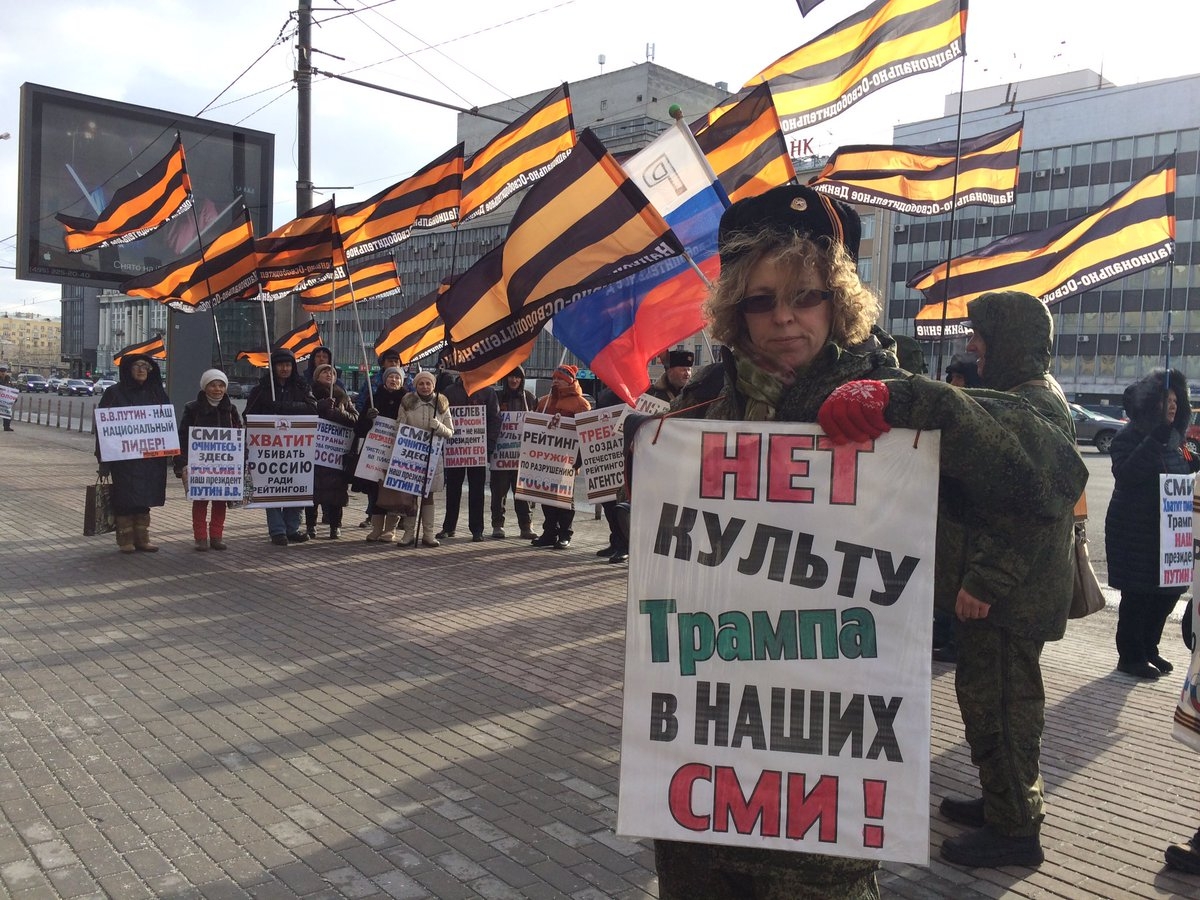
Given the tougher line Washington has taken about Russian aggression in Ukraine over the last week, many in Moscow are upset, complaining openly that Donald Trump hasn’t lived up to his campaign promises and blaming the shift on the power of “Russophobic” attitudes among the liberal elite in the United States.
- Russian nationalists have protested against what they denounce as overly positive coverage of the US administration, and the Kremlin has seconded that, reportedly ordering Moscow media outlets to cut back on positive stories about Trump and the US. That appears to be working, and Kremlin-controlled media have not only been making fun of Trump himself but also playing up a story about how members of the US Congress fell for reports about a non-existent Russian threat to a non-existent country.
- But there are some Trump supporters in Russia who, like some of his supporters in the US, say that they don’t care what the American president says or does: they love and support him anyway.
- Meanwhile, Russian psychiatrists announced that they were dealing with the first case of a man who thinks he IS Donald Trump.
- More sober analysts have been pointing out that Trump’s program was never as pro-Russian as the Kremlin hoped and that if the new US president succeeds in re-industrializing America, it will be death for Russia which can’t hope to compete or have fallen back on the slogan that “Crimea is ours; Trump isn’t.”
3. Russia’s One Percent Own 75 Percent of Country’s Wealth.
The richest one percent of Russia owns 75 percent of the wealth of the country, new figures show, even as most Russians have to borrow to pay off old debts or even to have enough to eat. Other bad economic news this week includes:
- Real inflation is at least five times the Russian government’s figures, economists say
- The decline in retail trade is accelerating
- Russia ranks just below Madagascar in terms of economic freedom
- New statistics show that the Russian people are more dependent on government spending than they were even in Soviet times
But perhaps the worst news at least with regard to the future reflects a Kremlin decision: Russia’s old oil and gas fields are running out but Moscow isn’t spending as much as it did to find new ones to replace them.
4. Russian Arrested for Attempting to Smuggle Out WMD Components.
Although it has received little attention in the media, despite its potential seriousness, Russian officials say they have arrested a man for attempting to smuggle out of the country components needed for building weapons of mass destruction.
But that is hardly the only security problem for Russia’s armed services:
- The military facing its own cash shortages despite more spending is now selling off strategic sites and thereby threatening Russia’s security
- Russian soldiers reportedly are increasingly suffering from Internet dependency, which is undermining capability of the military
- The defense ministry can’t say where the 700 Russian tanks in the Donbas came from
- Also the ministry can’t get right the number of medals for its servicemen in Syria right. It initially ordered 20,000, which would suggest that Russian forces there are far more numerous than Moscow acknowledges, but three days later declared that it had made a mistake and that the real number of medals needed was only 2,000.
But there is one area of Russian security which doesn’t seem to have any problems: the domestic security services and police who protect the regime. At present, official statistic show that there are now three times as many such officers in the Russian Federation per capita than were in Soviet times or in the US now.
5. Putin’s Destruction of Russian Educational and Social Support Systems Gathers Steam.
The Kremlin leader has announced massive cutbacks in spending for higher education and research and the closure of thousands of more schools over the next two years. Teacher salaries are now only one-twelfth that of the level in Mexico, and many university graduates are either unemployed or in jobs that don’t require a university degree.
But the Putin regime even as it closes schools is becoming ever more attentive to the political attitudes of students and pupils, bringing extremism charges against minors in the worst Soviet tradition.
In other sectors the situation is no better:
- 20 regions report they don’t have the medicines they need to fight HIV/AIDS
- Government statistics show that Russians are now eating 15 to 17 percent less than they did only two years ago because of poverty, although the numerically-small peoples of the North are consuming more calories than earlier because their diet has been changed and are suffering as a result
- Russian officials say that the use of toll roads, a solution to transportation problems in other countries is in fact making the situation in Russia worse
- Officials have dropped charges in family violence cases now that the law has been changed
- Property crimes are increasing because of rising unemployment and poverty
- Older people lacking access to polyclinics which have been closed under Putin’s “optimization” scheme now find that they have to go to hospitals more often because they are in worse shape.
6. Protests in Russia: More Numerous, More Creative and More Targeted.
Demonstrations outside of Moscow or St. Petersburg rarely get much coverage, but they are increasing in number and size, creativity, and an ever greater willingness of participants to link their specific problems to Kremlin policies, even if they are not yet ready to risk attacking Putin personally.
Among those this week:
- Officials and citizens openly protested spending on the Kerch bridge intended to link Russia-annexed Crimea to Russia, which they said was ending any chance to repair roads in their own regions
- Opposition is spreading to Putin’s plan for Russian history museums and parks in major cities
- Social protest about quality and cost of communal services and roads has increased across the country
- Librarians in St. Petersburg protested budget cuts at libraries by handing out books to passers-by
- Activists in Kazan projected a picture of Putin in a tubeteika onto the wall of a major downtown building
- University rectors demonstrated against budget cuts for their schools
- Retirees in the Siberian city of Tyumen stormed a city council meeting to complain about the way officials have been mistreating them.
7. Monuments Wars Expand in Space and Time.
Conflicts about monuments and memorials are increasing not only across the Russian Federation and even beyond but also back in time, leading to some absurdities and unexpected revelations. Among the conflicts this week in addition to the most prominent one over St. Isaac’s in St. Petersburg were the following:
- Moscow’s renaming the five Northern Territory islands and giving one of them the name of Hero of Ukraine Kuzma Derevyanko
- The desecration of a veterans memorial in Adygeya
- Decision to rename the Parnas district in St. Petersburg, so it won’t advertise the opposition political party by that name and suggestions that the northern capital should call on Greece to rename Parnassus district for the same reason.
But perhaps the most unusual conflict surfaced over the issue of why the Soviet coat of arms featured a mistaken picture of a sickle for 14 years until someone noticed it was wrong.
8. Russian Fans Say They’ll Target English Counterparts Who Come to 2018 World Cup.
In what is anything but a welcoming gesture, Russian soccer fans say they will attack English fans who come to Russia for the 2018 FIFA World Cup.
They made that declaration even before the controversy about a BBC film that Moscow views as an attack on its right to host those games.
More stories also appeared showing that Russia isn’t really prepared to host the games:
- The St. Petersburg stadium not only is exploding in cost but is far from ready.
- But Russian officials did take two steps this week in preparation for a competition they may not even have: Volgograd is building a Soviet-style sobering-up station in anticipation of fans at the World Cup, and Yekaterinburg has announced it will open a new mosque in the center of the city for fans from Muslim countries.
- Meanwhile the doping scandal continues to trap more Russian athletes, with a 12th Russian stripped of his gold medal from the London Olympiad, although Russian news outlets say that only one of the Russian athletes who has lost a medal has returned it rules require.
9. Valentine’s Day Sparks Flood of Sex Stories.
Every year on Valentine’s Day, Russia media can be counted on to do two things: carry attacks on the holiday as a Western profanation Russians should have nothing to do with, and stories about sex and gender issues. 2017 was no exception.
As expected, Russian traditionalists and the Russian Orthodox Church denounced the holiday itself. But some of the stories from Russia’s “sex front” were more unusual:
- A Russian porno star says that Russians make bad lovers and that that is one of the reason there are so few Russian men in her business.
- Polygamy is reported to be widespread even in non-Muslim areas of the Russian Federation, but nowhere is it more public than in Islamic Daghestan where one restaurant offered special savings to those who came with two or three wives.
- Elsewhere in the North Caucasus, the movie “50 Shades of Gray” has been banned in deference to Islamic morality.
- In Moscow, the Russian version of Playboy announced it would be featuring nudes once more to make the magazine “great again.”
One unhappy news was sounded in all this: according to some sources, the interest among some foreigners in taking Russian wives has plummeted in the last several years.
10. New Buryatia Head Says He’ll Learn Buryat.
Aleksey Tsydenov, whom Vladimir Putin has just named head of Buryatia, says that he plans to learn Buryat language. The new head, the product of a mixed Buryat-Ukrainian marriage, is an ethnic Buryat but grew up speaking Russian as he lived outside of Buryatia. To help him, Buryat activists have worked up a dictionary of key terms he’ll need to know to get along there.
Meanwhile, in Tatarstan, young people say that their foreign language of choice now is Chinese, “a necessity” for those who want to make any kind of career.
11. Moscow Intervenes to Restrict Non-Russian Languages on Regional TV.
The Putin regime has taken another step in its Russianization drive, something Moscow had not tried in the past: It is now regulating exactly how many hours of programming there can be in non-Russian languages on regional television and banning the use of non-Russian languages on second channels in those republics which have more than one regional TV outlet.
12. Leningrad Oblast Deputy Wants to Create Ministry of Magic.
To help Russians navigate these difficult times, a deputy in the Leningrad Oblast assembly has called for creating a ministry of magic that would set standards of fortune tellers, magicians and others practicing similar arts.
13. Some Good Russians have Been Helping the Homeless Since 1990.
For more than 25 years, a group of Russian activists have been helping a group in the population that the authorities prefer to ignore and do little to assist: the homeless. The group says it is supported by many Russians out of their sense that the poorest of the poor deserve assistance.
And six more from countries near the Russian Federation:
1. More than 1.6 Million People have Fled Russian Forces to Other Parts of Ukraine.
Two years ago, as a result of massive Moscow coverage, there was a great deal of attention to the million plus Ukrainians who reportedly fled Russia-occupied territory of the Donbas to the Russian Federation, but there was much less coverage to another flow: those Ukrainians who fled from the advance of Russian forces into the rest of Ukraine. Now, Kyiv says that there are more than 1.6 million such internally-displaced persons registered with Ukrainian authorities.
2. Pro-Moscow Units in Donbas Cadres-Forces, Undermanned by Easily Expanded.
The pro-Moscow order of battle in Ukraine’s Donbas shows that most pro-Russian forces there are disguised cadres officers and troops from Russia, undermanned at present but easily expanded if more soldiers or so-called “volunteers” (mercenaries) from the Russian Federation arrive.
3. Only 93 People Took Advantage of Belarus’ New Visa Free Regime.
Minsk’s extension of visa free travel to Belarus to more than 80 countries prompted Moscow to make the border between Belarus and Russia a real one, with passport control and customs. Seventy-eight percent of Russians said they wanted to impose a visa requirement on Belarusians in response, something the Kremlin says it has no plans to do.
But Russians dramatically overestimated the threat: On the first day of Belarus’s new visa free regime, only 93 foreigners took advantage of it to visit Belarus.
4. Forty Percent of Young Tajiks Unemployed, World Bank Says.
According to the bank, 40 percent of all young Tajiks are unemployed as well as 27 percent of all Tajik women.
Given that unemployment among young men is one of the most accurate predictors of crime and extremism in a society, these are truly worrying numbers. They also explain why so many Tajiks have become gastarbeiters in the Russian Federation.
5. 65,000 Uzbeks Served in Soviet Forces in Afghanistan; 1500 of Them Died.
One of the most widely believed stories about the Soviet war of Afghanistan was that Moscow didn’t trust Central Asian Muslims to fight there and pulled them out after using them in the initial December 1979 invasion. But Tashkent has now published data showing that 65,000 Uzbeks served there, 1,500 of them died, and 2,500 returned as invalids.
6. US Said Turning Down Ukrainian and Georgian Visa Applicants Far More Often than Russian Ones.
A Moscow portal reports that the US State Department is now turning down visa applicants from Ukraine and Georgia far more often than it is doing so in the case of Russians, a pattern some might see as a kind of mixed signal but that the Russian source says reflects the real American estimation of conditions in these three countries.
Related:
- ‘Russian spies interfered with Nobel Committee to prevent Poroshenko Peace Prize’ and other neglected Russian stories
- Why did Putin say Russia’s prostitutes were ‘best in the world’ and other neglected Russian stories
- Russians calling Washington ‘Nashington’ and other neglected Russian stories
- Like Crimea, ‘Trump is Ours,’ Russian products proclaim and other neglected Russian stories
- “Moscow can’t find builder for new military base on Ukrainian border” and other neglected Russian stories
- “Putin is a Russian Trump” and other neglected Russian stories




